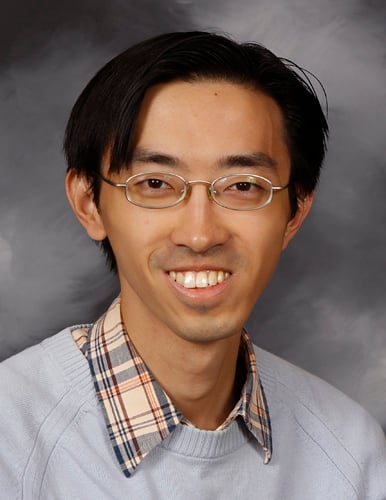Doctoral student Luke Bowman (Geology ’14) has been awarded a Fulbright Scholarship for the coming academic year. He will be doing research on hazards communications in El Salvador. The title of his project is “Developing Culturally Appropriate Disaster Risk Reduction Strategies in El Salvador.” Bowman’s advisors are Professor John Gierke (GMES) and Professor Bill Rose (GMES).
Bowman is a returned Peace Corps volunteer and has extensive experience in Central and South America. His BA in Geology is from Hanover College. He has an MS degree in Geology from Michigan Tech. He also has worked on ethnography in the social sciences department.
By discovering culturally appropriate ways of involving local populations in project design and decision making–and by integrating local knowledge and coping strategies into risk plans at the administrative level–Bowman hopes risk communication can be greatly enhanced.
He says, “Melding the organizational aspects of aid institutions with a dynamic cultural understanding of how communities perceive geological hazards is key to developing trust and devising effective, sustainable methods to help people prepare for future disasters.”
Published in Tech Today.
